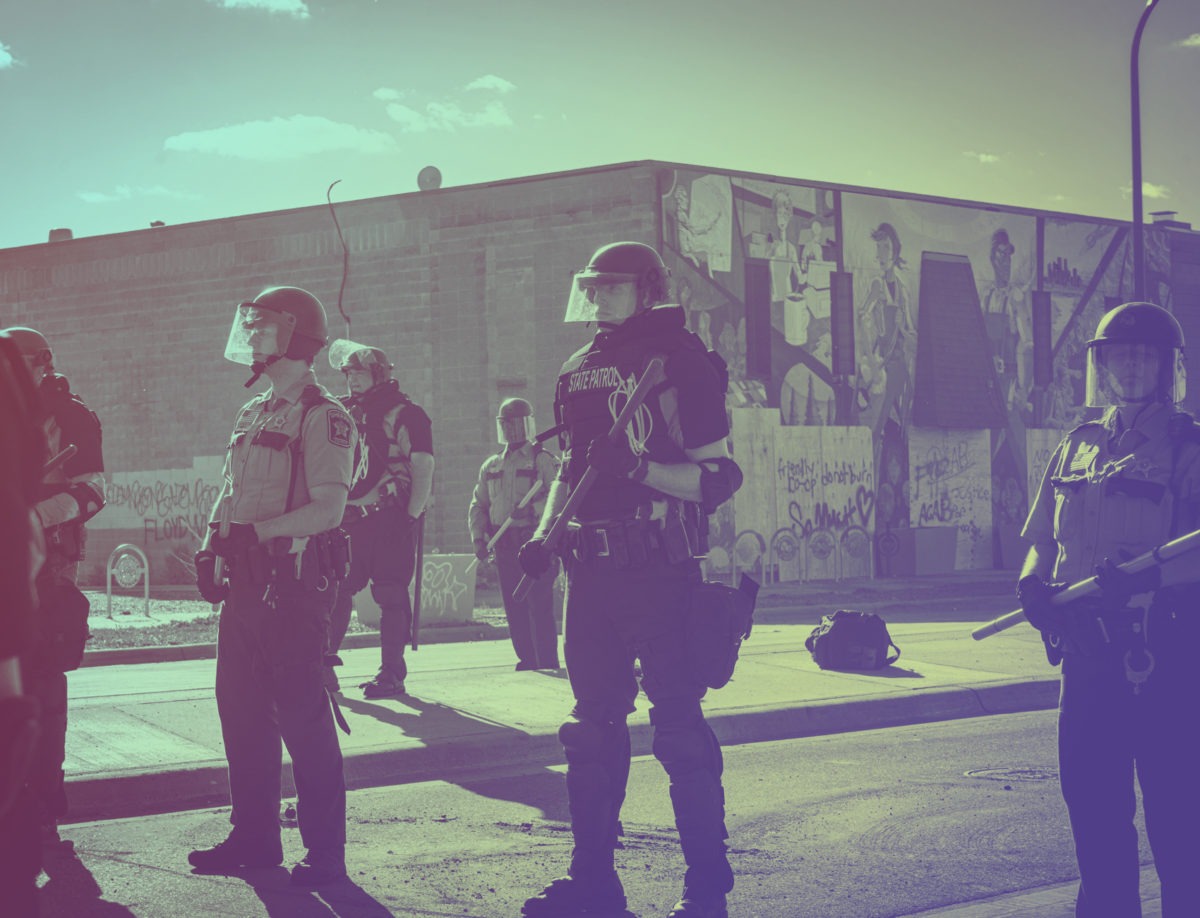
Policing Is Not ‘Public Safety’
Real public safety policies should promote overall health and account for the extraordinary harm that policing and incarceration inflict.

Real public safety policies should promote overall health and account for the extraordinary harm that policing and incarceration inflict.
Introduction Late one night in September 1980, New York City police officers chased Benjamin Quarles to the back of a grocery store. There, officers detained Quarles and frisked him, finding an empty shoulder holster. After securing Quarles with handcuffs, one officer asked him where the gun was. Quarles nodded toward some empty cartons and replied, […]
Executive Summary American voters believe our legal system should prioritize helping and supporting people over incarcerating them—and probation and parole programs must be reformed to serve that function, new polling shows. Voters want fewer people in jails and prisons, and fewer people subject to surveillance and control by law enforcement. Instead, they want probation and […]
Executive Summary New polling from Data For Progress and The Justice Collaborative Institute shows bipartisan support among Maricopa County voters for a County Attorney who will embrace new police accountability measures and support new protections against police violence. Our research found that: 59% of voters, including 52% of Republicans, are more likely to vote for […]
Executive Summary In the wake of the police killings of George Floyd and Breonna Taylor, a powerful nationwide movement emerged calling to divert money from the police as a solution to police brutality and the systemic racism inherent in current policing methods. In the movement’s view, diverting money would mean passing local policies that take funds originally earmarked […]
BACKGROUND INFORMATION ON CIVILIAN EMERGENCY FIRST RESPONDERS Introduction In the best of times, local communities struggle to meet the health needs of highly vulnerable people, including those who struggle with mental health or substance use disorder, poverty, or housing insecurity, or otherwise lack access to traditional health care resources. Because most communities do not have […]
Executive Summary Law enforcement officers are often sent to respond to emergency calls related to crisis situations that do not actually require, or are even made worse by, a law enforcement response. Some of these calls relate to mental health or substance use disorder crises, check-ins for health and safety, a lack of housing or […]
Executive Summary As peaceful protesters throughout the United States challenge the police killings of Black women and men, they are confronted today with fully militarized police forces, equipped with M4 rifles, sniper scopes, camouflage gear and helmets, tanks and mine-resistant ambush-protected (MRAP) vehicles, and grenade launchers from the wars in Iraq and Afghanistan. Heavily weaponized […]
Executive Summary Police-created crime is not a path to public safety. In most cases, undercover police stings target individuals who officers know nothing about, including whether they were already committing the targeted crime. Rather, these stings tend to ensnare the most vulnerable individuals, often by focusing on low-level drug crimes and poverty-induced offenses. Creating crime—in […]
Executive Summary Over the past several months, protests against police violence and the criminalization of communities of color have increased focus and attention on calls to defund the police and limit their political influence. This development has forced elected prosecutors to reckon with their role in a system that has long failed in its mission […]
Executive Summary To reduce police violence and abuses of power, officers’ contacts with the public can be limited by transferring some policing functions to non-police agencies that can better promote individual and societal well-being. One proposal to significantly decrease police encounters without compromising public safety is to remove civil traffic law enforcement from the duties […]
Executive Summary In October of 2018, an arbitrator ordered Florida’s Opa-locka Police Department to rehire Sergeant German Bosque. This was the sixth time that the city had attempted to fire Sergeant Bosque, and the sixth time an arbitrator ordered the city to rehire Bosque on appeal. There were good reasons to fire Bosque. Over the […]
Executive Summary In the days and weeks following the murder of George Floyd, people throughout the United States organized and protested against racist systems of policing, criminalization, and incarceration. Some called for defunding and abolishing entire police departments, while others demanded more incremental policing reforms. But across the board, a common theme emerged: the police, […]
Executive Summary Police use of facial recognition technology has become routine in the United States, posing grave risks to privacy and civil liberties, especially for people of color. Despite its ubiquity, there is no comprehensive regulation of the technology and its use by law enforcement. Thus far, some cities and states have reined in law […]
Executive Summary Police communications are not reserved for communicating to the public about ongoing emergencies. Instead, the police have their own publicly-funded public relation teams, often used to control public narratives about crime and public safety in ways that promote police power, stoke fear about crime, and conceal police abuse and other misconduct. While these […]
Executive Summary In Portland, Oregon, federal agents in unmarked cars chased protestors and snatched them off the streets without explanation. One video shows federal agents in camouflage fatigues and generic “police” badges grabbing a protester, binding his hands, and placing him into the back of an unmarked minivan. In Washington, D.C., during protests in front of the […]
Executive Summary Amidst the larger debate about funding for law enforcement, Data for Progress and The Justice Collaborative conducted a national survey to examine attitudes toward police presence in schools. Programs that keep “school resource officers” in schools are prohibitively expensive, running into the millions of dollars, and have not prevented a single school shooting. […]
Police should no longer occupy all of our vital support systems in our communities. This research and analysis is part of our Discourse series. Discourse is a collaboration between The Appeal, The Justice Collaborative Institute, and Data For Progress. Its mission is to provide expert commentary and rigorous, pragmatic research especially for public officials, reporters, […]
Through this mechanism, communities can accept accountability for the racism they allow to flourish by failing to disrupt it. This research and analysis is part of our Discourse series. Discourse is a collaboration between The Appeal, The Justice Collaborative Institute, and Data For Progress. Its mission is to provide expert commentary and rigorous, pragmatic research […]
Executive Summary When a police chokehold led to Eric Garner’s death back in 2014, a bystander caught it all on video. Protests across the nation called for fundamental reforms—and for the punishment of Daniel Pantaleo, the NYPD officer who executed the chokehold. Anyone watching the video could see that something was wrong with the officer’s […]
Executive Summary Hundreds of thousands of people across the country and around the world have taken to the streets to demand an end to police violence and racism in the criminal legal system, moved by the devastating murders of George Floyd, Breonna Taylor, Tony McDade, Ahmaud Arbery and many others, as well as a broader […]
Executive Summary The movement to redirect police funding towards social services and community care has ignited calls to re-examine police presence in schools. In the last month alone, several school districts have decided to disband school-based officers while urging their communities to shift funding towards other necessary services. Consider Portland, Oregon. On June 4, 2020, Portland Superintendent Guadalupe Guerrero announced […]
Social Workers address crises regularly and without an armed police officer standing in front of us. Often, the presence of an armed officer escalates a crisis that could have been better handled by mental health professionals alone. This piece is a commentary, part of The Appeal’s collection of opinion and analysis. The uprisings taking place […]
Executive Summary The recent police killings of George Floyd, Breonna Taylor, Rayshard Brooks, and other Black Americans, along with a wave of police violence against protesters across the country, have sparked renewed scrutiny of “qualified immunity,” the court-created rule that makes it nearly impossible to sue police officers for excessive force and other constitutional violations. […]
Executive Summary Though police officers are neither medical professionals nor social workers, cities and counties across the country routinely send armed law enforcement officers to respond to emergency calls for help when a person is experiencing a mental or behavioral health crisis. This makes as little sense as sending a social worker into a home […]
Executive Summary Violence interruption programs, used in cities throughout the United States, provide a proven, community-led, and cost-effective solution to reducing gun violence. Whereas police depend on force and violence to do their jobs, often making things worse, these programs use community engagement to stop lethal violence before it occurs, prevent its spread by interrupting […]
Executive Summary Police chiefs, elected leaders, and communities have known for decades that no-knock raids are unsafe and cause injury and death. There is also a growing sense that they are unnecessary and contribute to community distrust. For example, no-knock warrants are not reserved for the most egregious of crimes but instead are most commonly […]

In our Explainer series, Justice Collaborative lawyers, journalists, and other legal experts help unpack some of the most complicated issues in the criminal justice system. We break down the problems behind the headlines—like bail, civil asset forfeiture, or the Brady doctrine—so that everyone can understand them. Wherever possible, we try to utilize the stories of […]

How a 60-year-old legal doctrine lets law enforcement officers off the hook for violating civil rights.

In September 2018, President Trump stood in front of 44 sheriffs as he began another diatribe against the New York Times and other media outlets that had published stories criticizing his administration. The sheriffs applauded. The meeting was originally scheduled to be between the sheriffs and officials from ICE and U.S. Customs and Border Protection. Getting a […]

In May 2016, 26-year-old Caleb Smith was prepping for medical school entry exams, and ordered what he thought was Adderall off the internet to help him study. After the package arrived at his home in Williamsport, Pennsylvania, his girlfriend, 26-year-old Amanda Leach, asked to try some. Smith obliged, and days later, Leach was found dead […]
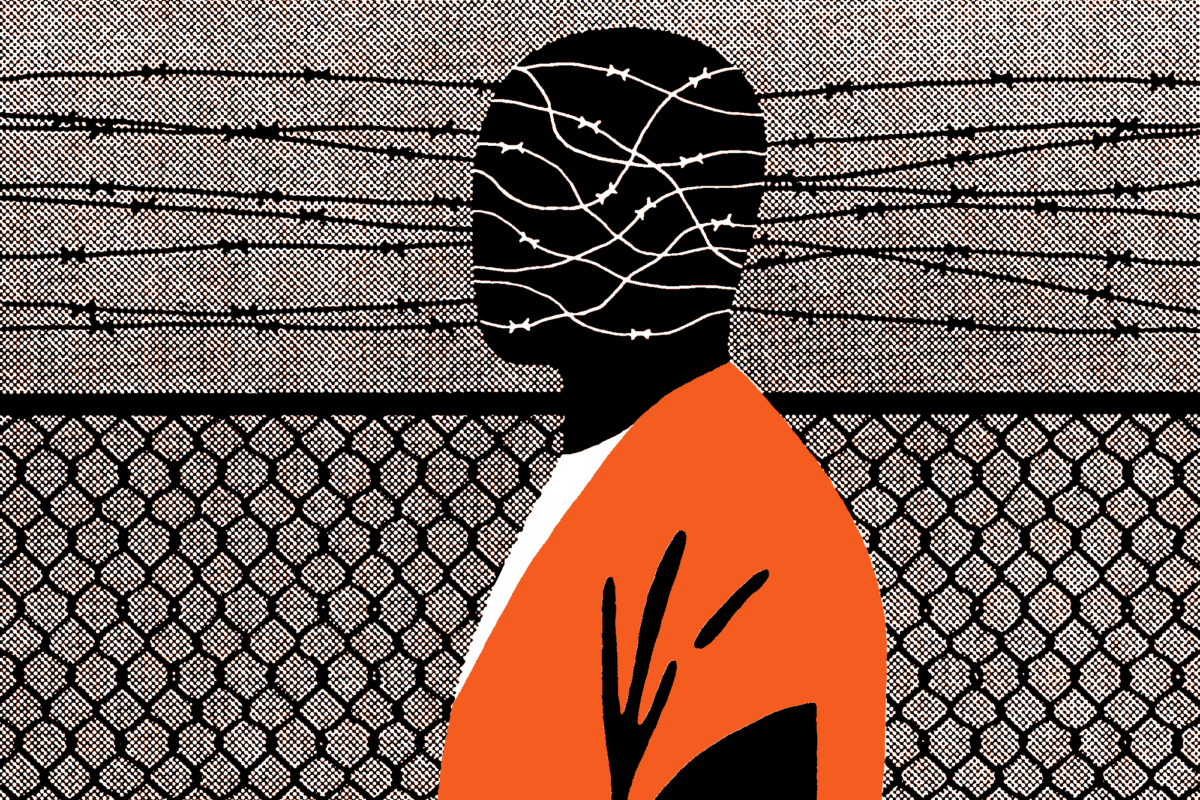
In our Explainer series, Justice Collaborative lawyers and other legal experts help unpack some of the most complicated issues in the criminal justice system. We break down the problems behind the headlines—like bail, civil asset forfeiture, or the Brady doctrine—so that everyone can understand them. Wherever possible, we try to utilize the stories of those affected by […]
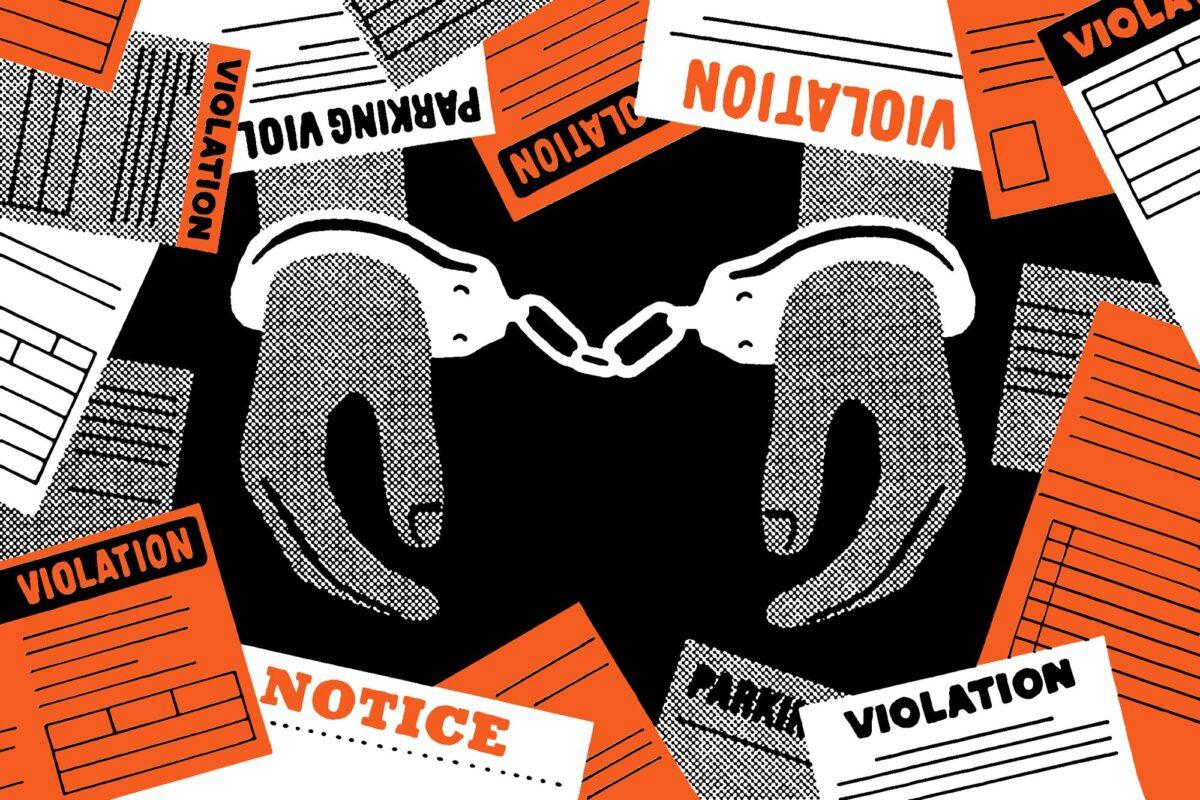
In Georgia, a man stole a can of beer worth $2 from a corner store. The court ordered him to wear an ankle monitor for a year. The company administering it, Sentinel Offender Services, charged him so much money that he eventually owed more than $1,000. Trying to keep up with his payments, he sold […]
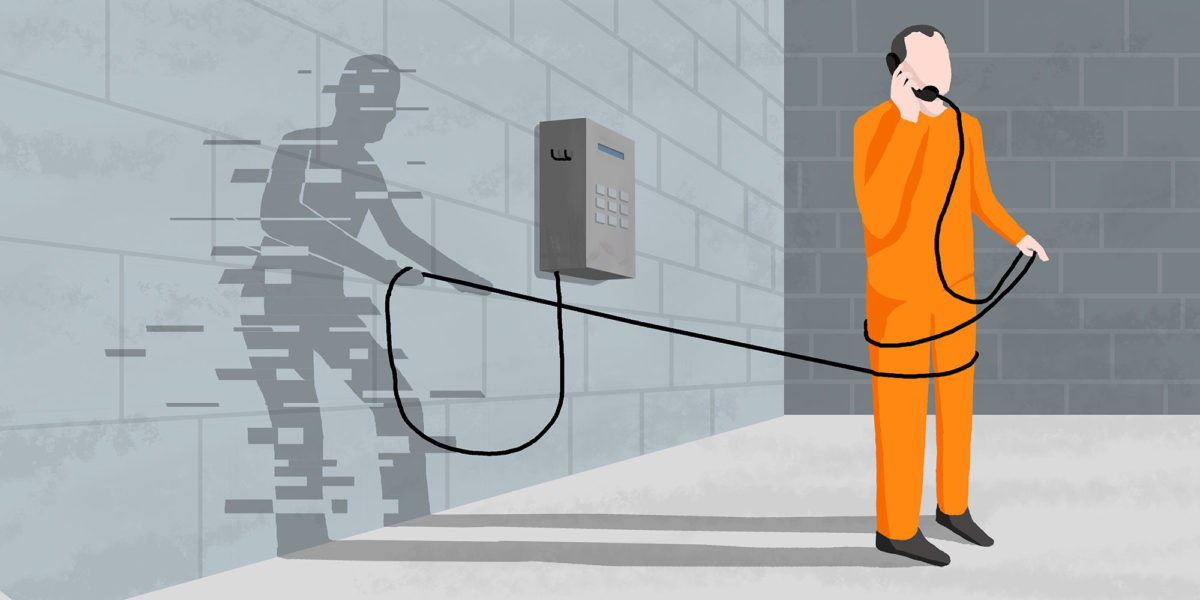
In our Explainer series, Justice Collaborative lawyers and other legal experts help unpack some of the most complicated issues in the criminal justice system. We break down the problems behind the headlines—like bail, civil asset forfeiture, or the Brady doctrine—so that everyone can understand them. Wherever possible, we try to utilize the stories of those affected by […]
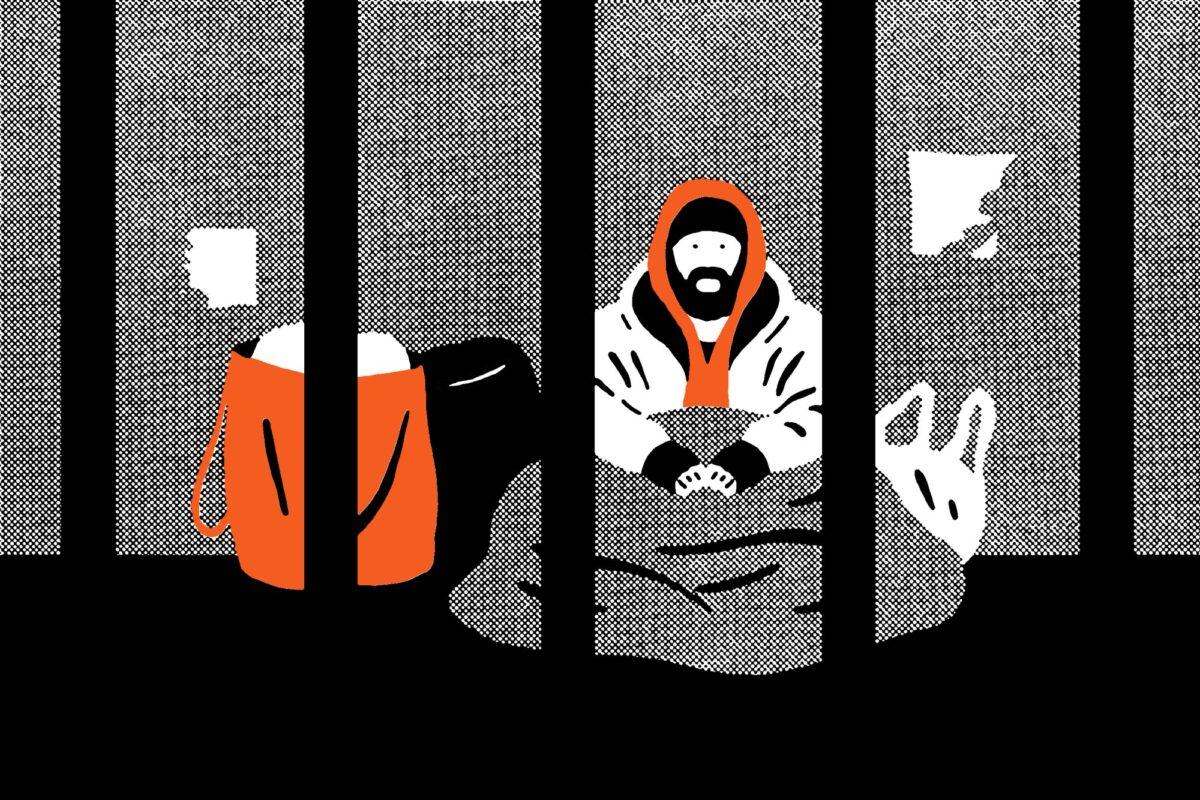
In our Explainer series, Justice Collaborative lawyers and other legal experts help unpack some of the most complicated issues in the criminal justice system. We break down the problems behind the headlines—like bail, civil asset forfeiture, or the Brady doctrine—so that everyone can understand them. Wherever possible, we try to utilize the stories of those affected by […]
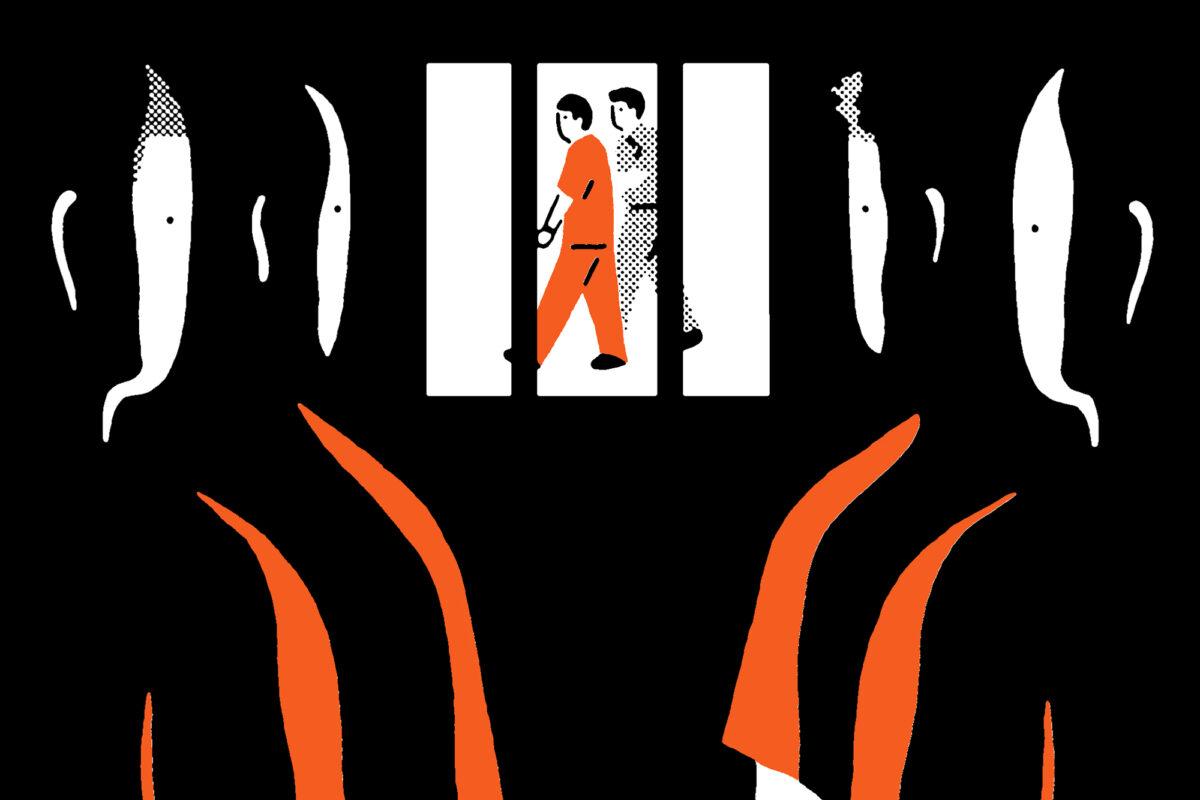
In our Explainer series, Justice Collaborative lawyers and other legal experts help unpack some of the most complicated issues in the criminal justice system. We break down the problems behind the headlines—like bail, civil asset forfeiture, or the Brady doctrine—so that everyone can understand them. Wherever possible, we try to utilize the stories of those affected by […]

In our Explainer series, Justice Collaborative lawyers and other legal experts help unpack some of the most complicated issues in the criminal justice system. We break down the problems behind the headlines—like bail, civil asset forfeiture, or the Brady doctrine—so that everyone can understand them. Wherever possible, we try to utilize the stories of those affected by […]